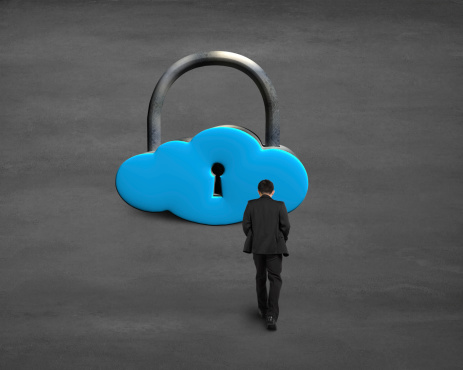Microsoft for Small Biz Daily
By Rieva Lesonsky
Summer is not only a season of fun and sun, but for some parts of the country, a season of hurricane risk or wildfire fears. Natural disasters are striking with increasing frequency, and if your business is unprepared, they can put you out of business temporarily—or even permanently.
But large-scale natural disasters that make headlines aren’t the only ones that can harm your business. Smaller-scale disasters like an electrical fire in your office or a broken pipe that floods your restaurant can also put you out of commission—especially if you can’t access the data you need to run your operations. How can you secure your business from disasters big and small.
Start by storing all of your business’s important data and documents in the cloud so you can access them from anywhere. For example, if a flood keeps you from getting to your office, you’ll still be able to access business information from home so you can let clients, customers and employees know what’s happening and keep your business operating remotely. Look for a cloud storage solution that is simple and intuitive to use so you and your employees will actually use it. If you use Windows 8.1 Pro, for example, consider Microsoft’s OneDrive for Business, which lets you drag and drop files to the cloud from your computer.
Backup is vital, too. Look for a cloud-based backup solution that automates backing up so you never have to think about it. Be sure to ask the provider how quickly you’ll be able to restore files from the backup if you need to—some providers enable this right away, while with others there may be a delay.
Also consider how your company would be affected if a disaster strikes critical partners or suppliers. For instance, what if most of your inventory comes from suppliers in a state that is crippled by a hurricane? Try to work with suppliers, vendors and partners that are geographically dispersed, rather than putting all your “eggs in one basket,” so to speak.
By the same token, find out how your cloud service provider backs up their own data and where it is physically stored. Look for one that stores your data in multiple data centers so that if one center is affected by a disaster, your data is still safe and accessible. For example, when you use Microsoft’s Windows Server 2012 R2, your data is automatically saved to two data centers, so you can always access current files.
By taking these easy steps to protect your data, you’ll ensure your business stays up and running no matter what Mother Nature throws your way.
Rieva Lesonsky is CEO of GrowBiz Media, a media and custom content company focusing on small business and entrepreneurship. Email Rieva at rieva@smallbizdaily.com, follow her on Google+ and Twitter.com/Rieva.







